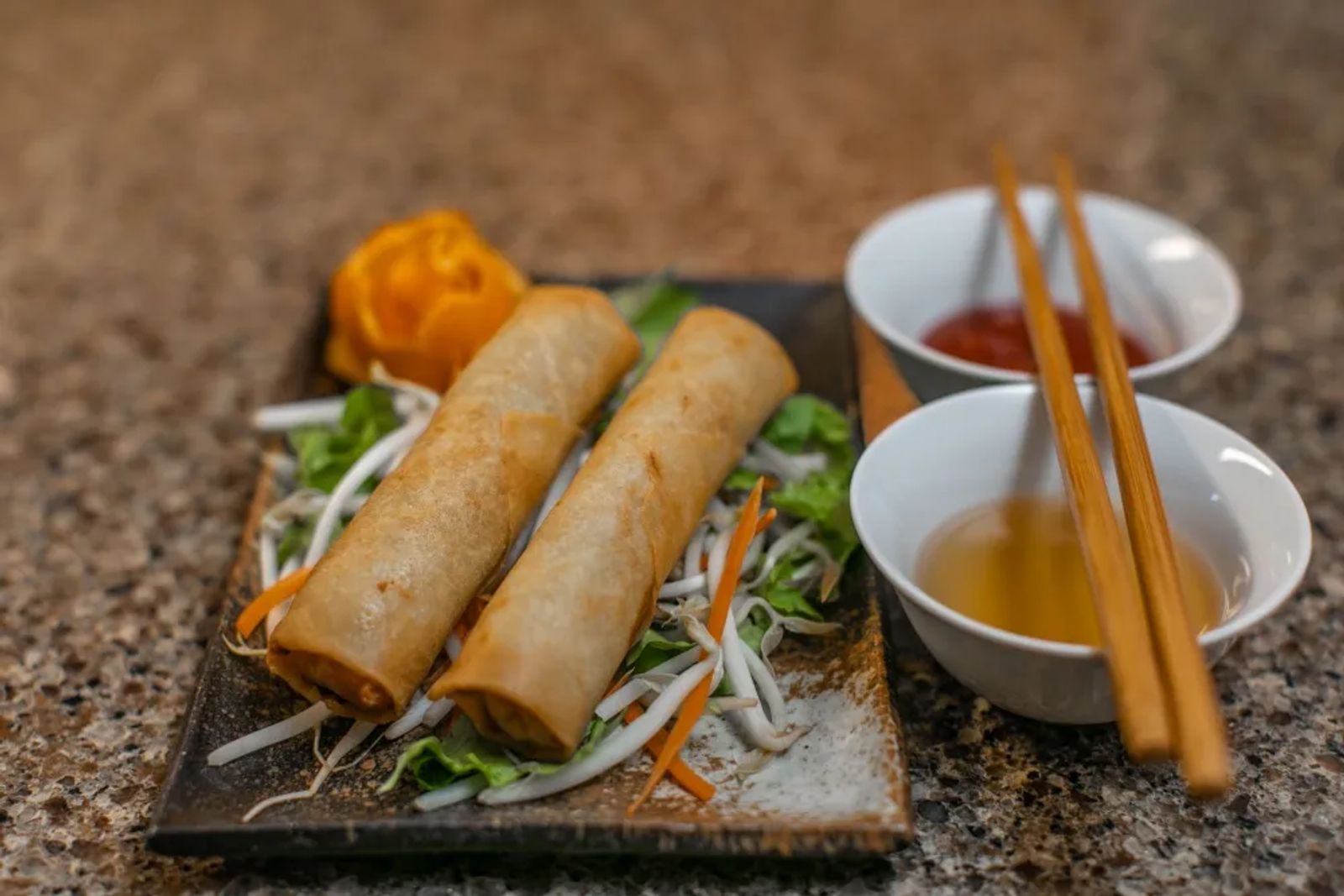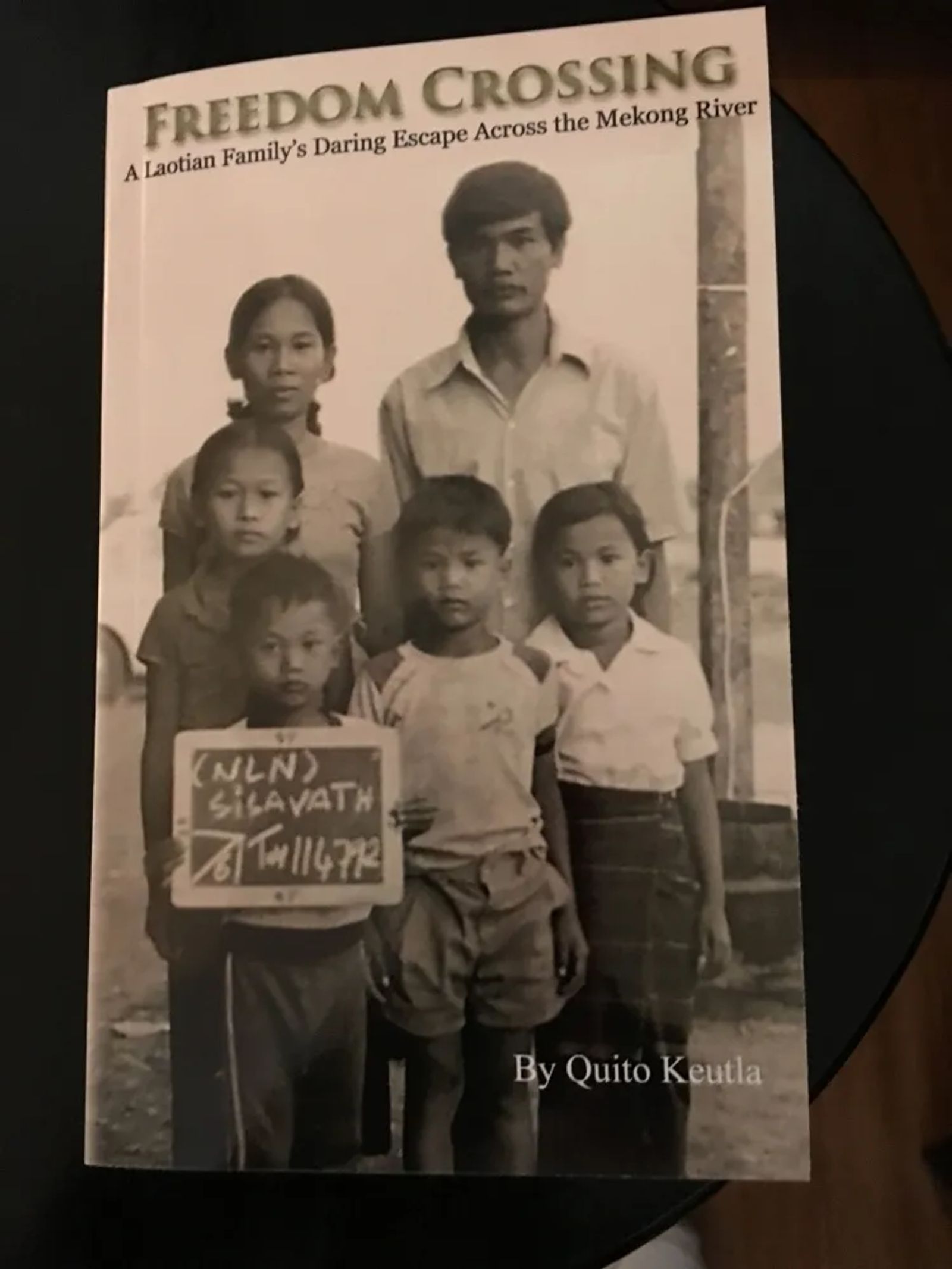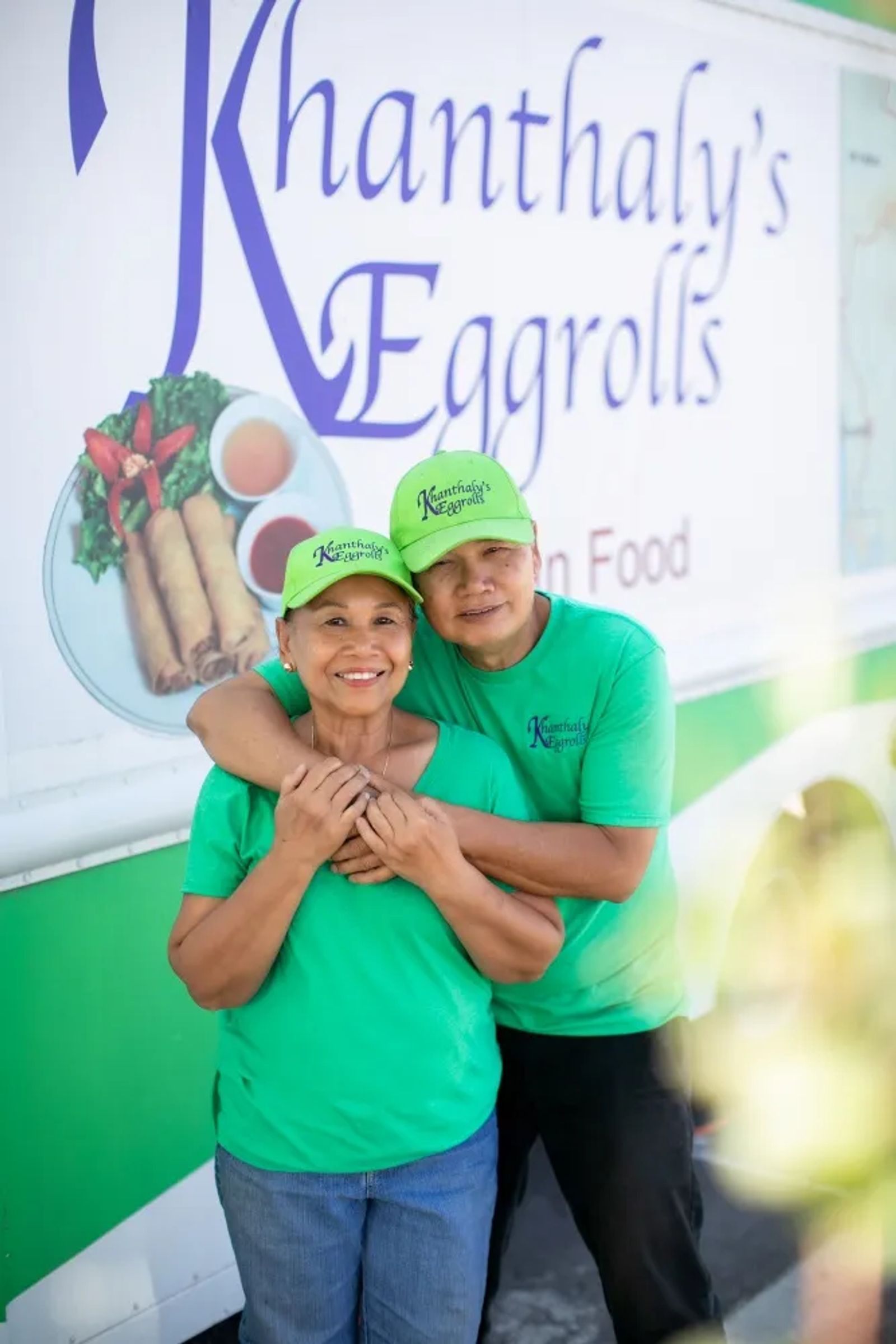
A Refugee Journey to the American Dream
November 2020 | by michael j. hitchcock | photos by lovely hitchcock
We all love stories of success originating from humble beginnings, those rags-to-riches tales that inspire us and energize our spirits. One such story began in war-torn Southeastern Asia and ended right here in relaxed, comfortable Billings, Montana. Their tale continues today, and you have likely brushed shoulders with these brave souls at one time or another. Once a family of refugees who scarcely survived a daring escape from gun-wielding soldiers, today, they have become an integrated, important part of Montana.
Shortly after the fall of Cambodia and Vietnam to Communist forces in 1975, the Communist Pathet Lao party, backed by Vietnamese military forces and Chinese-supplied weapons, walked into the Laotian capital city Vientiane and seized control of Laos from an impotent, unresistant national government. Vietnam set up permanent military posts in the country and effectively cut Laos off from the rest of the world, restricting any border movement whatsoever and establishing reeducation camps for those who dared question their authority.
A typical Laotian family, today known as the Keutla’s, were living in Vientiane when the Pathet Lao seized power. The family's father, Sisavath, worked as a surveyor for the government while his wife, Khanthaly, also served the government in a secretary position. Paychecks were small and sometimes not provided at all. Sisavath spent the majority of his time traveling in Vietnam under government orders and would teach surveying to new employees. Khanthaly worked and raised their five children while her husband was traveling for work.
In 1980, Sisavath was away on assignment in Vietnam for an entire year. During that time, Khanthaly spoke with her friend about some of her frustrations and struggles. Her friend suggested the unthinkable; escape Laos. This was an illegal and very dangerous activity. Khanthaly suggested the idea to her husband after his one-year assignment.
Risking the lives of his family wasn’t an option for Sisavath, and he refused. The next morning, he was supposed to return to Vietnam to finish his job, but he was told that his helicopter was broken down, and it would take a couple of days to fix it. They would call him when it was repaired. Upon returning home, he and Khanthaly decided that it was the perfect opportunity to discuss and plan their escape. They would leave the following day.
Chronicled in their son Quito's book, Freedom Crossing (available on Amazon.com), their escape was more dangerous than expected. Unable to take an infant with them, they left Khuanmany with Sisavath’s brother and his wife. They paid what little money they had to smugglers in hopes of crossing the infamous Mekong River into Thailand. They led four of their children under cover of night, Lucky, Leh, Tobee, and Quito across the mile-wide, swift and deadly Mekong River.

Forced to throw most of their belongings into the river to avoid capsizing, they finally arrived on the Thai shores only to find themselves pulled into the earth by quicksand. Sisavath was able to save himself and then, one-by-one, the children. But he could not find anything nearby to throw to his wife as she sank slowly into the ground. Thai guards arrived to help but urged Sisavath to save the children and let his wife go to avoid Laotian military attack so close to the border. Sisavath prayed three times, first to his late mother and father, then to Buddha, and then to the Christian God. Only the final prayer bore fruit as he then noticed a long branch he hadn't seen before. He pulled his wife from the quicksand, and the family escaped into the dead of night.
The family spent the next month in a large, shared room in a detainment center sleeping on a hard, concrete floor. They were then moved to the Nong Khai refugee camp and given a 10 x 8 ft. room to themselves. With no running water and guards that often claimed the refugee’s rations for themselves, the family of six survived most days on meager rations such as a quarter of a chicken, an egg, and a handful of rice. Khanthaly developed a creative cooking skill to make it work for them.
She utilized what little money she had to start a small business in the camp selling sarongs while Sisavath used the remaining funds to buy a Thai rickshaw so he could transport people for fares. Working from morning until night, the parents still managed to end each day with Khanthaly providing a meal and Sisavath teaching what he could to the children.
Eight months after entering the camp, the Keutla family was assigned a US sponsor. Sisavath sold his rickshaw for his buying price of $100. Khanthaly insisted on giving the money to her friend in the refugee camp who had helped them escape Laos. Sisavath agreed but insisted on keeping five dollars to buy the children snacks when they arrived in America.
St. Luke’s Episcopal Church had sponsored their trip to Billings and provided them with room and board near the church. Sisavath landed a job as a dishwasher in a hospital kitchen earning $3.25 an hour and soon became a cook's helper. After work, he would go to evening school to learn English, riding his bike through the sun, rain, and snow until they had saved enough to buy a $225 Toyota Celica.
Not long after arriving in Billings, Khanthaly discovered she was pregnant and eventually gave birth to their youngest, Luke, named after the church that brought them to the US. She began ESL (English as a Second Language) lessons and driving lessons. With Sisavath often helping, she began delivering newspapers and selling any cans she found on the way to a local recycling center. In time, she took on housekeeping jobs as a replacement. Both she and Sisavath focused on saving enough money to bring their daughter, Khuanmany, to the US, no matter how much the cost.
Finding themselves in a town with no other Asians, the family started craving Asian food. Unfortunately, finding Asian food items was somewhat difficult, so Khanthaly had to rely on Denver and California friends to send certain ingredients. After getting her hands on a few things, she began making egg rolls, giving them to friends, or bringing them to church potlucks. Soon, people started asking if they could buy her delicious egg rolls.
After attending a fair one summer, Khanthaly promised herself she would sell her egg rolls there the next year. She filed the paperwork, turned her garage into a kitchen, and received an inspection from the Health Department followed by a certificate. The following year, she was selling her egg rolls at the fair, and they were an immediate hit. She began selling more food at the farmer's market as well as other towns in the area. All the while, she and Sisavath had been sending any extra money to their relatives in Laos, who were still raising their young daughter, Khuanmany.
Inspired by the success of Khanthaly’s egg roll sales, Sisavath sold their car and replaced it with a concessions trailer. Four years later, she opened Khanthaly’s Egg Rolls, a restaurant on Grand Avenue. This became Billings' first egg roll restaurant. Sisavath, Lucky, Tobee, and Khuanmany would help her in the restaurant, sharing the hard work. The children developed a strong sense of responsibility and learned many valuable lessons at the restaurant. These lessons would later provide them with the knowledge, strength, and determination to start their own businesses. Sometime after that, the family began investing in real estate. To this day, they maintain a collection of rental properties in the area.
When Khuanmany turned 14, Khanthaly returned to Laos for the first time since their courageous escape. She explained to her daughter why they had left and that she would bring the young girl back to the US after she had completed high school. In 1995, Khuanmany finally joined her family in Billings. Their home was now complete.
Their heroic story continues. Khanthaly and Sisavath (who goes by “Sie," pronounced "see") decided to give back what they were given...exponentially. They have used much of their businesses' profits to buy books and other school supplies for the children in Khanthaly’s hometown in Laos. In 2006, they traveled back to Laos to remodel the local school in the same town. In 2008 they funded the remodeling of the school in Sie’s hometown, as well. In Billings, they have consistently donated to local charities and participated in events such as fundraisers for homeless vets.
Khanthaly and Sisavath risked everything to come to Billings and improve their lives and the lives of all in Billings. They escaped harsh Communist oppression and risked everything, including their very lives, to arrive in America with five children. They landed in America with no knowledge of the language and turned five dollars and the kindness of a local Billings church congregation into an assortment of successful businesses that continue to contribute to our local culture and economy.
Once, while chatting with the couple over a plate of Khanthaly’s egg rolls, Sie smiled at me and summed up their journey of bravery, hard work, and persistence, "When we moved here," he told me, "we collected newspapers and cans. Now we collect land. Land is better!" The American Dream lives right here in Billings, and it is delicious.

Originally printed in the November 2020 issue of Simply Local Magazine
Never miss an issue, check out SLM's digital editions here!





